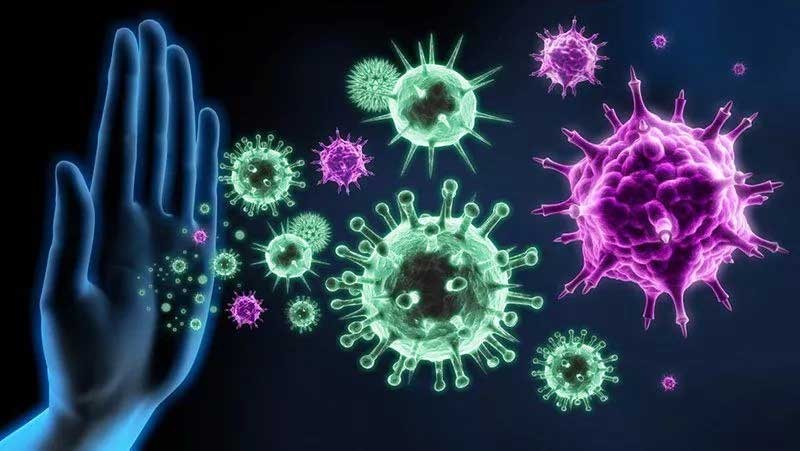No products
Understanding Our immunity and its Role in Our Health
The importance of immunity for our health cannot be stressed enough. If you do not get vaccinated when you are young, you have no defense against disease until you are older. The question then is, how old do we need to be vaccinated before we have complete immunity? If we wait until we are older, how can we be sure that we are fully protected? How do we determine what levels of immunity are sufficient for our children? There are several reasons why we need to ensure that children are fully protected.
To begin with, immunity helps to prevent many diseases. Some of these include measles, rubella, chicken pox, and shingles. Many of these illnesses can be very serious, and even fatal. In addition, immunity helps to prevent autoimmune disorders such as multiple sclerosis and rheumatoid arthritis. Therefore, vaccines contain ingredients that help to enhance the immune system of the body.
Since the immune system is part of our natural defenses, it is important that we keep it strong. The vaccine that your doctor gives you will do nothing if you are unable to get vaccinated. For this reason, it is imperative that you understand what the vaccine will do and why it is important that you get vaccinated. You should also understand what the various kinds of shots look like.
You have learned about the different types of immune response. There is also a major factor that is involved in how well we all work together as a team with our immune systems. This is known as immunoglobulin G (IgG) protein piece. This is what enhances the immune response. It is made up of three parts - a protein piece, a complex polymer, and an envelope.
The IgG protein piece takes on the role of binding to allergens that are detected by the T cells of the immune system. The complex polymer decays into a smaller piece called the envelope. It then goes on to travel through the blood stream and bind with cells located in the lymphatic pathways. Envelope contains antibodies which help to identify allergens as well as normal cells and determine whether or not to trigger a protective response.
Our body's immune systems protect us against germs and other harmful organisms. It is important for us to be healthy, but it is also important for us to have healthy bacteria in our body. Our body's bacteria is usually in balance. If something happens to upset this balance, illness can set in. Our body's white blood cells work to fight invading bacteria by producing antibody after antibody. However, the process can be slowed down or even halted completely when the immune system becomes overactive or under active.
When this happens, our body has to work even harder to fight off foreign matter that it senses as allergens. In response to this over active immune system, antigens are created. Antigens are proteins that the body creates to fight against foreign matter such as bacteria, virus, mold and fungus. The body generates antigens at the first sign of any infection or illness such as a cold or allergy.
Antibodies are needed to fight germs and make them go away, but they can also destroy other foreign matter that may cause illness to set in. There are various types of antibodies. One of them is called class A, which is needed to destroy pathogens that are known to cause illness. Other types of antibodies are class B, which are needed to destroy bacteria that are known to cause infections. And there is also class C, which is needed to destroy antibodies that have been produced in response to a pathogen that is unknown.
References
https://campaigns.health.gov.au/immunisationfacts/what-immunisation
https://www.sciencedirect.com/science/article/pii/S009286742031237X
https://www.ncbi.nlm.nih.gov/pmc/articles/PMC6777997/
https://www.ncbi.nlm.nih.gov/pmc/articles/PMC7884658/
https://pubmed.ncbi.nlm.nih.gov/28923425/


Leave a comment